This is pretty bad news for self-publishers, given that many self-publishers are digital-only:
Sixty-one percent of book purchases by frequent book buyers take place online, but only seven percent of those buyers said they discovered that book online, while physical book stores account for 39 percent of units sold and 20 percent of discovery share: the stats come by way of new research from Peter Hildick-Smith, the founder and CEO of the Codex Group, which tracks frequent readers’ book-buying behavior. At the Digital Book World conference in New York on Thursday, he said that discovery and availability are being “decoupled” online. In other words, readers are likely to go online to buy a book after having learned about it elsewhere.
This recalls the study showing that people are more likely to buy something if they touch it.
Participants in the study were shown an inexpensive coffee mug, and were allowed to hold it either for 10 seconds or 30 seconds. They were then allowed to bid for the mug in either a closed (where bids could not be seen) or open (where they could be seen) auction. The participants were told the retail value of the mug before bidding began ($3.95 in the closed auction; $4.95 in the open auction).
The study, detailed in the August 2008 issue of the journal Judgment and Decision Making, found that on average, people who held the mug for longer bid more for it — $3.91 to $2.44 in the case of the open auction and $3.07 to $2.24 in the closed. In fact, people who held the mug for 30 seconds bid more than the retail price four out of seven times.
Feelings of ownership develop fast
“The amazing part of this study is that people can become almost immediately attached to something as insignificant as a mug,” said study leader James Wolf, who began the work while he was a graduate student at Ohio State. “By simply touching the mug and feeling it in their hands, many people begin to feel like the mug is, in fact, their mug. Once they begin to feel it is theirs, they are willing to go to greater lengths to keep it.”
Reviews, excerpts, and the like only do so much – people need to feel what it’s like to own an item before buying it. This sort of flies in the face of the idea that the concept of ownership is changing. Post-mp3 and post-internet, people don’t need to own solid objects the same way they once did.
What’s really causing this strange new behavior (or rather, lack of behavior)? Generational segments have profound impacts on perception and behavior, but an “ownership shift” isn’t isolated within the Millennial camp. A writer for USA Today shows that all ages are in on this trend, but instead of an age group, he blames the change on the cloud, the heavenly home our entertainment goes to when current media models die. As all forms of media make their journey into a digital, de-corporeal space, research shows that people are beginning to actually prefer this disconnected reality to owning a physical product.
What may be happening in some cases is people taking a look at the print book in-store only to buy the ebook later. Given that bookstores are going away, this isn’t a totally crushing concern long-term, as more and more people won’t even have the option to check out a book in-store before they buy it. Digital Book World’s advice that there needs to be more brick and mortar bookstores is a nice idea, but given that people are making purchases online anyway, even after setting foot in a store, means this idea is unsustainable. The other idea of increasing reader reviews doesn’t really solve the problem either – and this is totally out of a writer’s control, no matter how big of a promotional blitz there has been.
My guess is that this is a short-term problem. Old habits die hard, and as ebooks become more and more commonplace, people’s buying habits will also change. But in 2013, having a print edition is still important – and an in-store tour is also a good idea so people can lay their hands on a book, even if they buy it later.
Get an Editorial Review | Get Amazon Sales & Reviews | Get Edited | Get Beta Readers | Enter the SPR Book Awards | Other Marketing Services


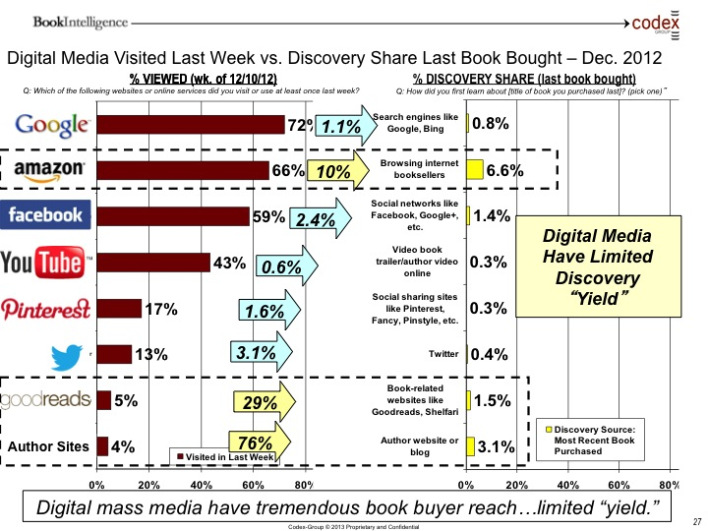


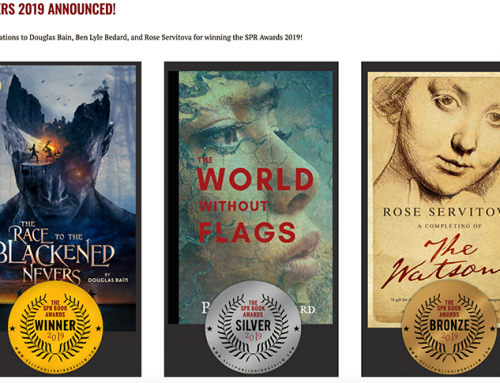
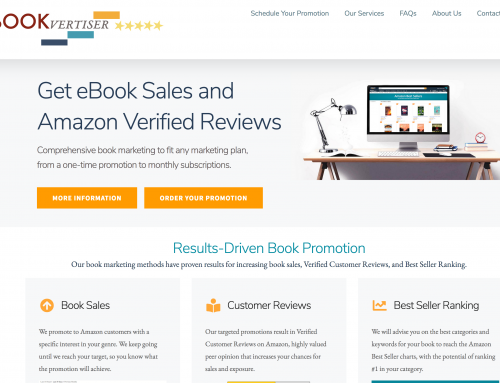
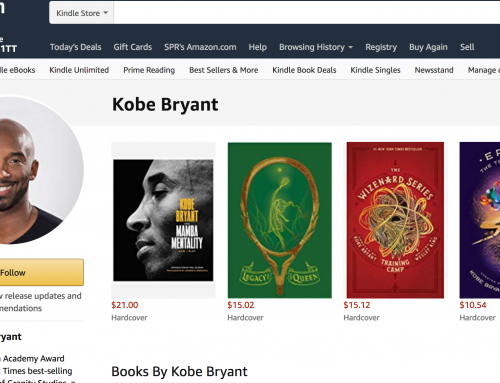
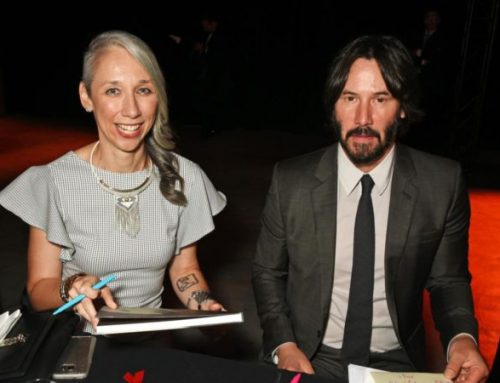


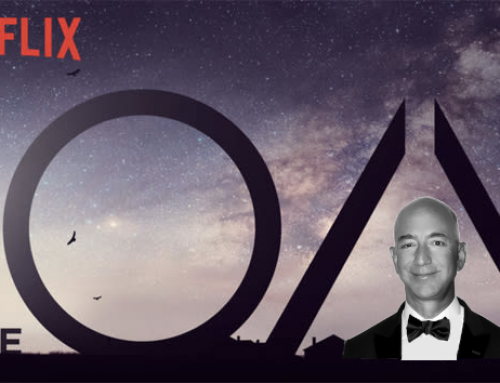
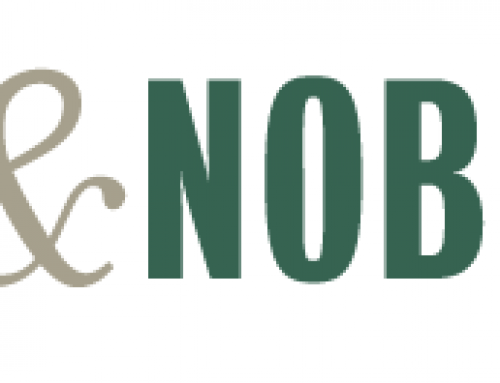
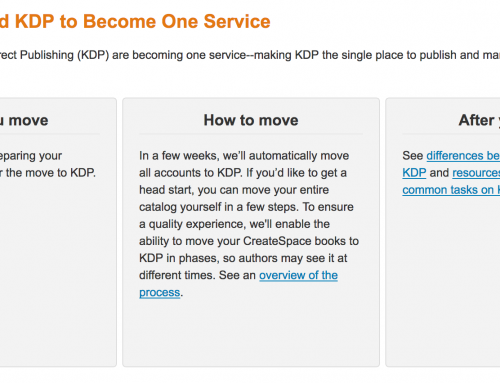

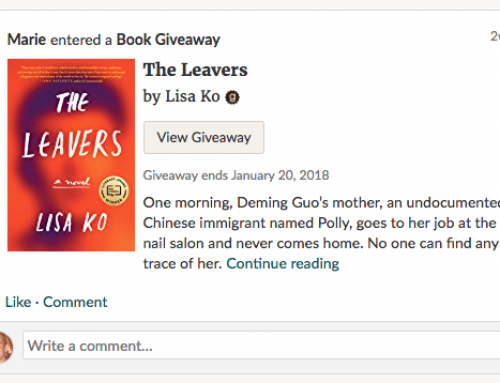
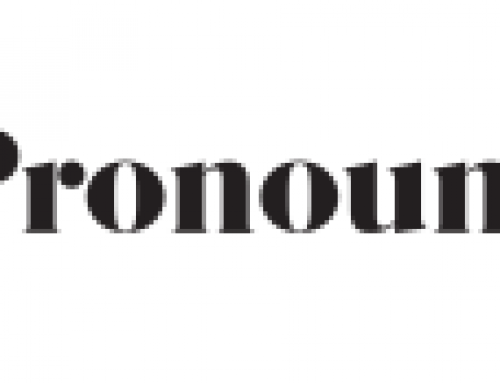
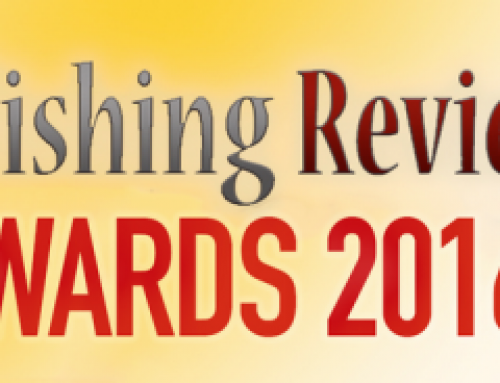
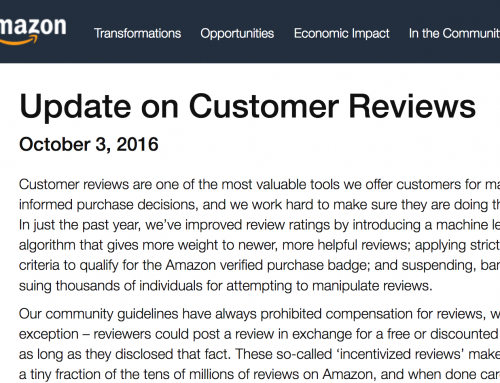
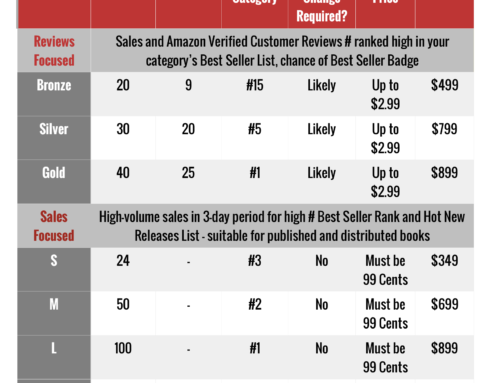
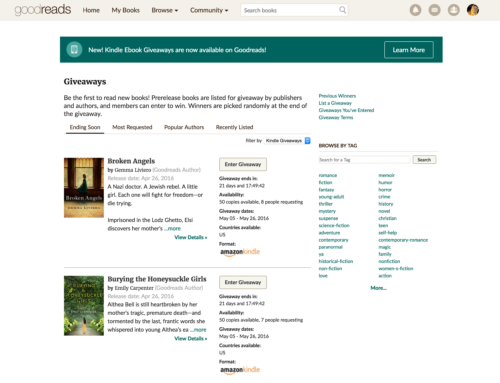


“Old habits die hard, and as ebooks become more and more commonplace, people’s buying habits will also change.”
I think you are spot on with that. But as you say, meanwhile . . . .
This is excellent, and I may be in touch later this year. I am writing a book for Cooperative Press. In it, I discuss hard copy vs. digital. A quote or two from here might come in handy.
Thank you for your insights.
Lee